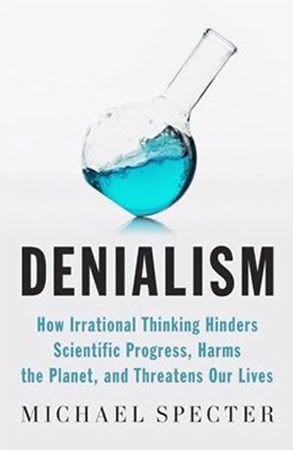 Tormented by corruption? Feeling Overwhelmed? Depressed? Frustrated? Fed up to f’ing here with the state of the world? Bedeviled with angst?
Tormented by corruption? Feeling Overwhelmed? Depressed? Frustrated? Fed up to f’ing here with the state of the world? Bedeviled with angst?
Have a great idea? The best idea ever hatched in a human mind in all of recorded history? You’ve been to the mountaintop and he spoke to you and only you, man?
Are you the one the world has been waiting for all these millenia?
Are you Morpheus, man? Have you got THE ANSWER? The WAY?
The ONE TRUE PATH to world peace and justice for all but you’ve also had it up to f’ing here with all the morans in the world who are simply far too thick and obtuse to know what’s good for them and to comprehend your unique brand of genius and won’t get off their fat lazy asses and follow you?
Do you have a movement you’d like to start that you know in your heart will sweep the world like a planet scouring tsunami brushing all in it’s path aside if only you could find your first follower?
Here’s your one chance for a free lesson in becoming the next messiah. Grab this incredible opportunity while it’s hot. It may never present itself to you again.

